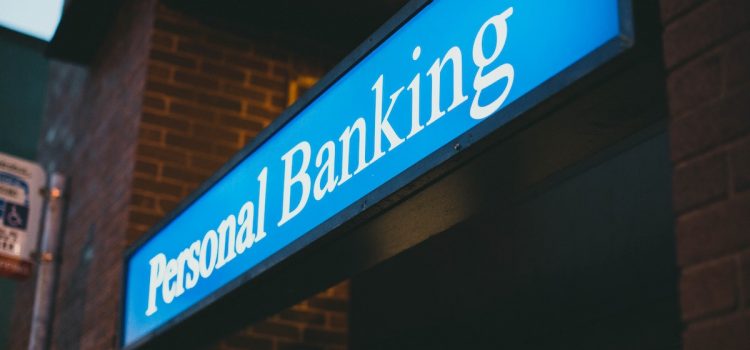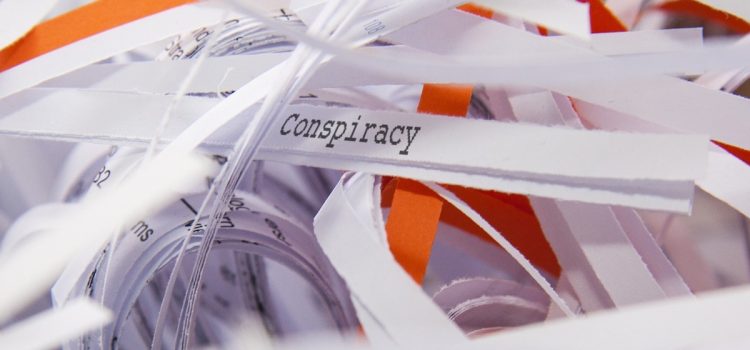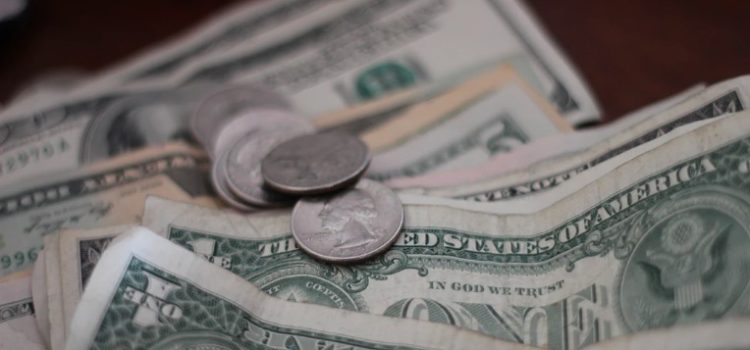How are the housing market and economy connected? What happens if the housing market crashes? Will there be another recession? As home prices drop and rumors of recession haunt headlines, concerns are mounting that we might be headed for a repeat of the Great Recession of 2007-2009. According to Naked Economics, modern markets are all interconnected, so the failure of one part of the economy can cause a domino effect. Read on to learn what the future holds for the U.S. housing market and the larger economy.
Will the Housing Market Leave Our Economy in Crisis?










